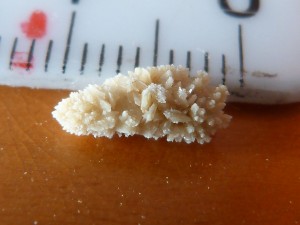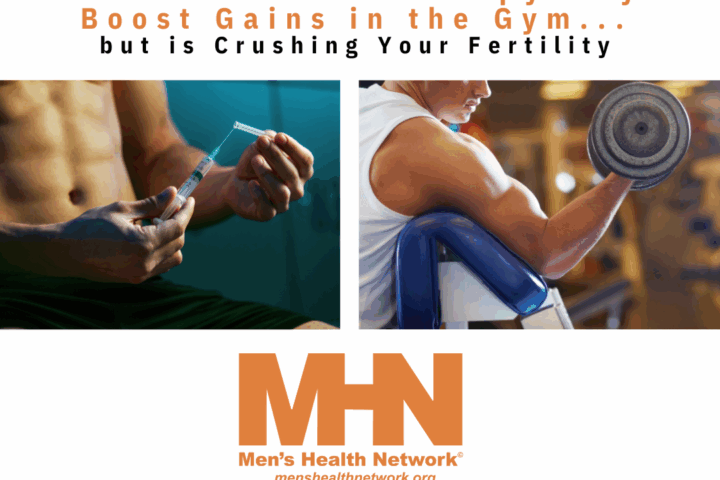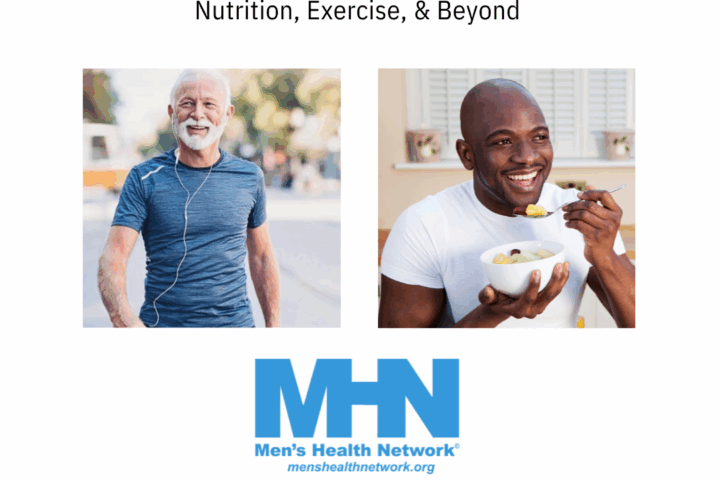It seems there is an endless supply of patients seeking dietary and lifestyle advice on their quest for maximal urologic health. Raising a son, I encounter teachers, tutors, coaches, sports parents, all with stories of stones, cancer, and infections (themselves or friends and relatives). Among my own sports clubs, I field countless queries. I seem to be universally advising more water and citrus intake. Where I am, in the south, we have an epidemic of stones.
Anyone at risk of forming stones needs 4 liters of water daily.
It is commonly accepted that obesity is the reason for the rapid rise in childhood stone disease. There is reason to believe this regarding adult stones as well. The kidneys after all, are a filtration system. When the filter is overloaded, crystals (baby stones) may precipitate and drop out of solution, much like too much fish food in a tank. The crystals may aggregate for a number of reasons and coalesce into stones which are visible.
Again, exercise and water are the simplest ways to avoid this.
SYMPTOMS
Stones may present as painless blood in the urine or with varying degrees of abdominal pain, frank colic (where no position makes the pain go away). The may be quite silent in fact, and then only a clinician with an index of suspicion will find them before damage occurs.
Many stones will pass without incident. However there is a 10% chance per year additive risk of recurrence, making prevention a wise idea.
Furthermore stones that are associated with urinary tract infections (UTI) are serious conditions and may represent emergencies.
Some stones are notoriously associated with infection and represent a great risk for loss of kidney or even loss of life.
A number of experts say stones are also increasing due to our gluttonous life style, and related to gout in many regards. In fact gout stones have their own name, Gouty Diathesis.
The most common misconception is that calcium consumption can cause stones. Countless people explain to me they are preventing stones by eliminating calcium from their diets. Nothing could be further from the truth. Calcium is needed for general health, bone health, and even for stone prevention. Calcium binds oxalate in our guts making it less available for filtration by the kidneys.
I am sure you are getting the idea, stones may be prevented. And yes they may be caused by disease as well. Gout, Vitamin D deficiency, Hyperparathyroidism, Cancer related pseudohyperparathyroidism, in borne errors of metabolism, are all diseases that need to be treated, and may present with stones as the heralding or warning sign.
TREATMENT
Treatment varies. First, evaluate and treat any impending emergency. Imaging is indicated, be it CT scan or Sonogram. Next try to remove the stone, by either passing with medical management (at home usually – with medications and hydration) or endoscopic surgery, if needed. Stone profiles (blood and urine testing) may be obtained to determine the underlying cause.
The gravest problems arise from complacency. Pain in the upper abdomen or back (flank pain) and blood in the urine is likely a stone, however tumors may also present as such. All blood in urine must be evaluated by a Urologist. Flank pain should be assessed with some type of imaging as well.
NEXT STEPS
It strikes me that the urologist is the first physician many men will see.
As urologist are becoming more and more the “go to” doctors for general medical advice we must be expert in many aspects of pediatrics, endocrinology, oncology and general health. Any of these areas of health may also be involved in stones as well.
Prompt evaluation, thorough treatment and sage advice can and should be implemented to minimize the impact stone disease may have on your life and health.
So, eat a Mediterranean diet, but light on the sardines;
Drink lots of water and eat fruits with citrate and potassium (lemons and watermelon) to reduce stone risks.
See a trusted Urologist whenever a stone strikes or is suspected.



